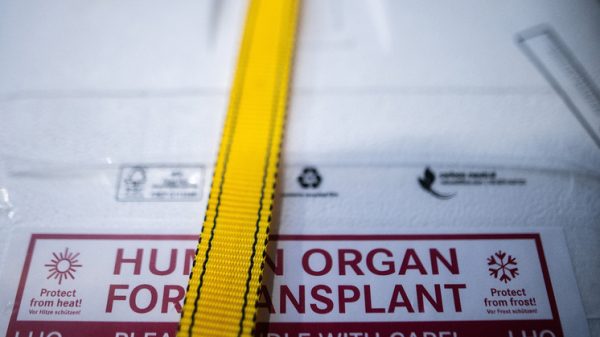 Ben & Jerry's is known for its stance on social issues such as refugee rights, LGBTQ+ issues and climate change. Photo: Ronen Zvulun/Reuters
Ben & Jerry's is known for its stance on social issues such as refugee rights, LGBTQ+ issues and climate change. Photo: Ronen Zvulun/Reuters
Ben & Jerry's has called for a «permanent and immediate» ceasefire in Gaza, raising the prospect of renewed tensions with its owner Unilever.
Anuradha Mittal, who chairs the ice cream maker's board of directors, called on politicians to act in an interview with the Financial Times. stating that “peace is a core brand value.”
She said: “From Iraq to Ukraine, [the company] has consistently championed these principles. Today is no different as we call for peace and a permanent and immediate ceasefire.»
Founded in 1978, Ben & Jerry's is known for its stance on social issues such as refugee rights, LGBT+ issues and climate change.
The company was bought by Marmite's owner, Unilever, in 2000, but is run autonomously by an independent board of directors.
The company's position on Israel and Palestine has caused conflict with Unilever in 2021 after the company promised to stop selling products in Israel and Palestine. occupied Palestinian territories.
At the time it said: “We believe that the presence of our products under an internationally recognized illegal occupation is contrary to our values.”
Unilever was subsequently sold out to Ben & Jerry supports Israel in an attempt to defuse the situation.
This led to the ice cream maker starting a legal battle against its parent company, although the lawsuit was later resolved.
 In 2021, Ben & Jerry promised to stop selling products in the Occupied Palestinian Territories. Photo: Ronen Zvulun/Reuters
In 2021, Ben & Jerry promised to stop selling products in the Occupied Palestinian Territories. Photo: Ronen Zvulun/Reuters
Ms Mittal, who describes herself on LinkedIn as an advocate for human rights, land rights and indigenous rights, said the decision to call for a ceasefire was “consistent with the history and values of our company.”
This comes amid growing pressure on consumer brands following the Hamas attacks on Israel in October.
Companies such as Starbucks and McDonald's are facing growing calls for boycotts, with campaigners even protesting outside stores.
Starbucks became a target after it sued the Starbucks Workers United union for publishing a pro-Palestinian post on social media following the Hamas attacks.
In December, Starbucks chief executive Laxman Narasimhan said protesters were «influenced by social media's distortion of what we stand for.»
McDonald's, meanwhile, came under criticism from campaigners after photos and videos on social media showed franchise stores in Israel giving out free meals to Israel Defense Forces personnel.
The fast-food chain's CEO Chris Kempczinski said in January that «misinformation» about the company's support for Israel was affecting its sales in the Middle East.
Unilever and Ben & Jerry's has been contacted for comment.






















































Свежие комментарии